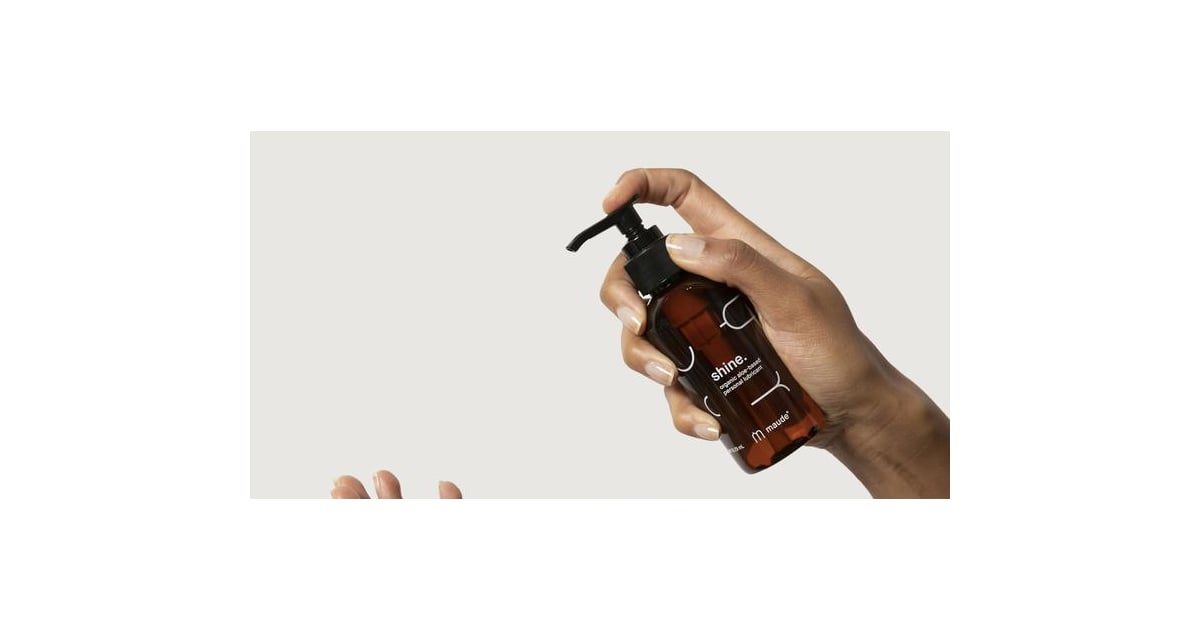As POPSUGAR editors, we independently select and write about things we love and think you will love too. If you purchase a product recommended by us, we may receive an affiliate commission, which in turn supports our work.
Lubricant is said to reduce friction and increase pleasure during sex. One of the last things you expect your lube to do is cause vaginal or vulvar irritation and discomfort — like burning, itching, redness, or a rash. Unfortunately, if you have particularly sensitive skin, you may have dealt with this problem in the past. Perhaps the fear of it even stopped you from using lube.
“Lubricants can have many different chemical bases and added chemicals – which act as irritations for some – and problems can certainly arise,” he acknowledged Felice Gersch, MD, Gynecologist, Founder of the Integrative Medical Group of Irvine. However, not all lubricants are created equal. There are many products designed for sensitive skin and vaginal health. You just need to know what to look for and what ingredients to avoid when shopping.
dr Gersh said it’s best to avoid formulas made with chemical fragrances, parabens, cyclomethicone (a type of silicone), and chlorhexidine gluconate, which she explained is a disinfectant that can kill strains of Lactobacillus (the bacteria which help maintain a healthy vaginal microbiome). Instead said Dr. Gersh that one should consider water- or oil-based formulas made with ingredients like organic aloe vera or organic coconut oil.
Most importantly, she stressed to always make sure your lube is compatible with your birth control method. For example, according to Planned Parenthood, lubricants that contain oil can damage latex condoms, causing them to break. If you use a sex toy, you should also make sure that the lube you use is compatible with the material of the sex toy, as silicone-based lubes can damage silicone sex toys. Fortunately, many lubes list their compatibility with condoms and sex toys on their packaging or online product descriptions. It may also be helpful to test the lube on a small area of nearby skin before applying it to the genitals to see how your skin reacts. Remember: everyone is different when it comes to ingredient sensitivity. If you have questions about what types of lubes and lube ingredients are safe for you, consult your doctor for personalized advice. But to get you started, we’ve rounded up eight lubes for people with sensitive skin ahead of time.
– Additional reporting by Taylor Andrews
